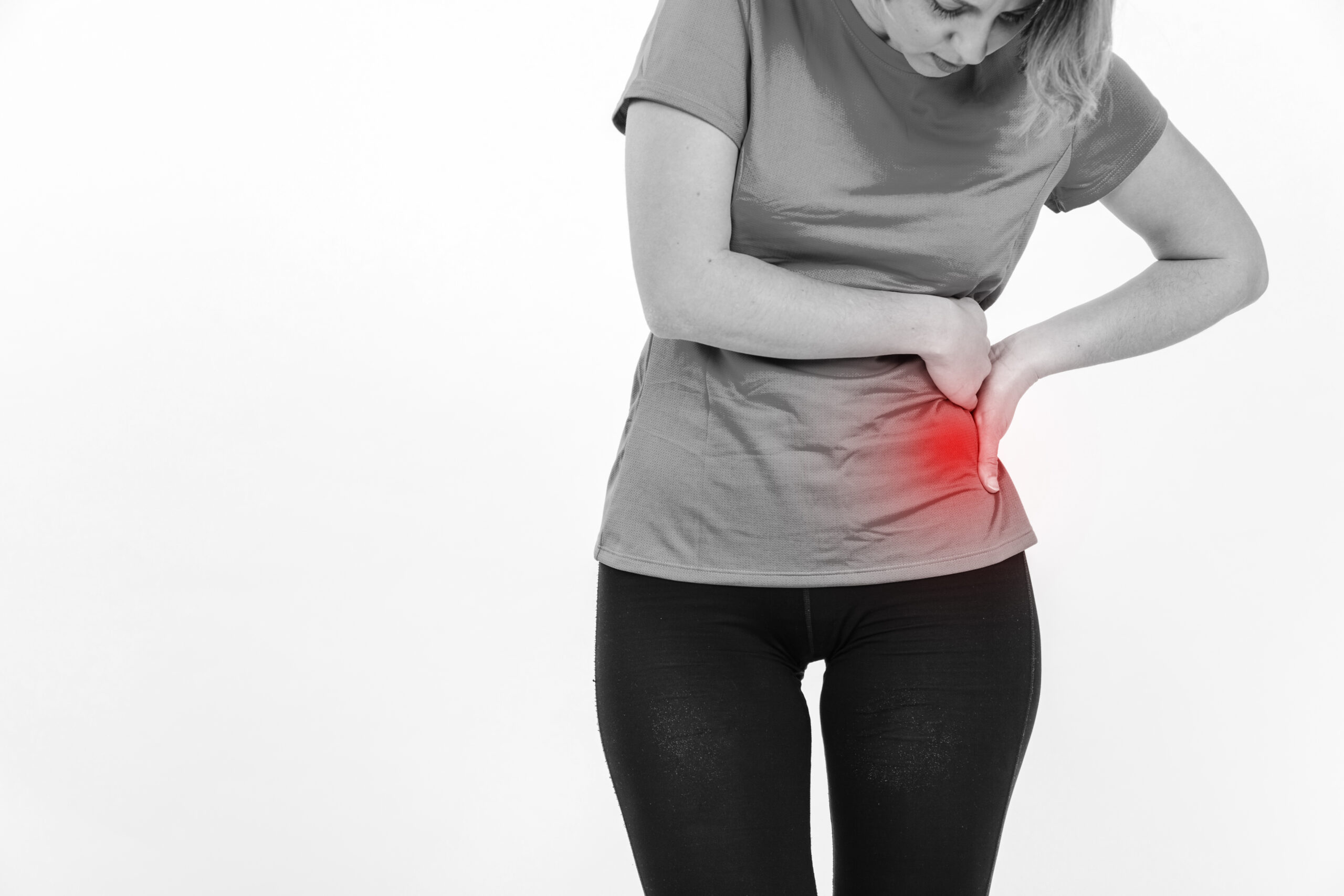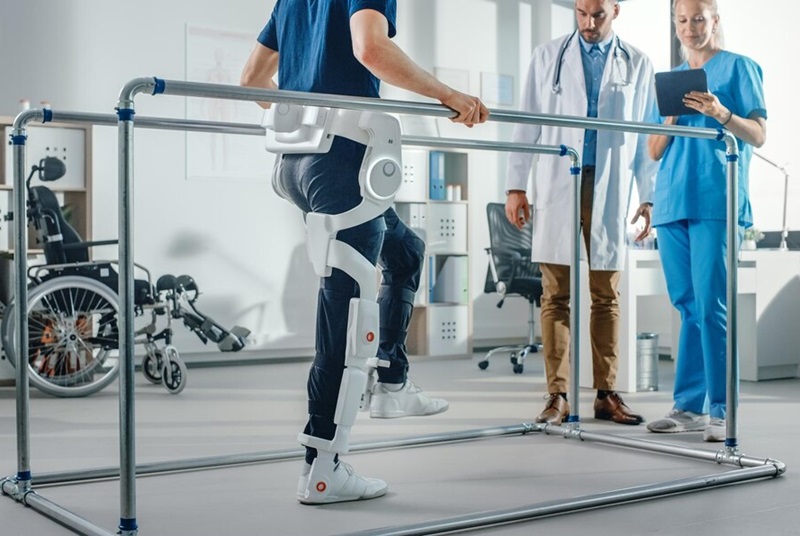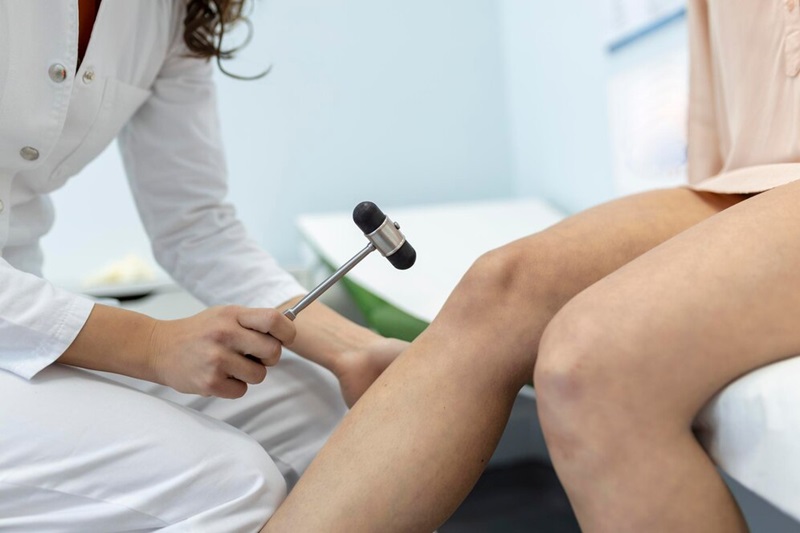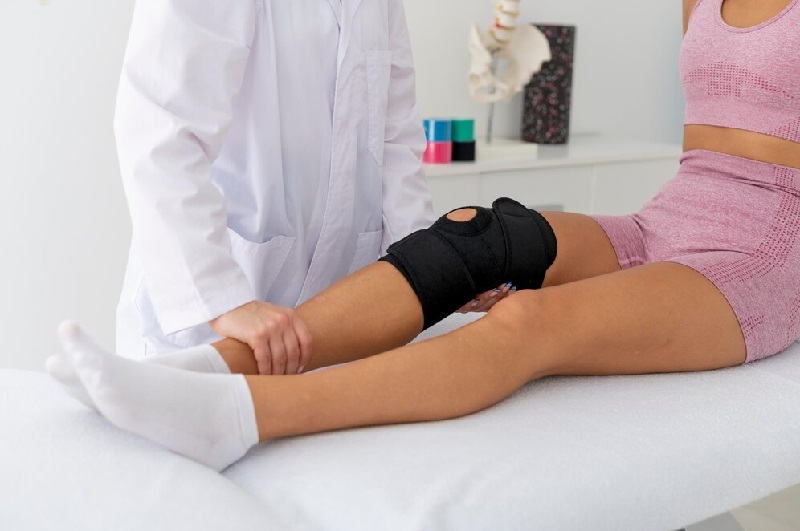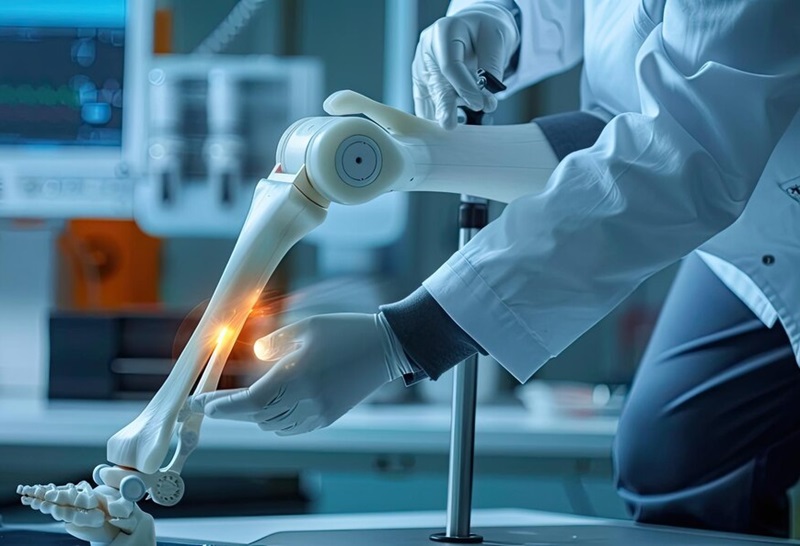Chronic hip pain can be a serious problem that makes it hard to go about your daily activities and move comfortably. It’s important to figure out what’s causing this pain so that you can find the right treatment and feel better.
There are several common reasons why you might be dealing with ongoing hip pain, and understanding these causes can help you get the relief you need. Here are some of the most frequent issues that lead to persistent pain in the hip. Orthopedic hospital in Thane had many option and if you want to know more then read the following article till the end.
1. Arthritis
One of the most common causes of chronic hip pain is arthritis, particularly osteoarthritis. This degenerative condition occurs when the cartilage that cushions the hip joint wears away, leading to pain, stiffness, and reduced range of motion. If you suspect arthritis, visiting an orthopedic hospital in Thane can provide you with a thorough evaluation and a tailored treatment plan.
2. Tendinitis
Hip tendinitis is another potential cause of chronic pain, often resulting from overuse or repetitive motion. It commonly affects athletes or individuals who engage in activities that put strain on the hip joint. Symptoms include localized pain and tenderness in the hip area, especially during movement.
3. Bursitis
Bursitis, or inflammation of the bursa (a small fluid-filled sac that reduces friction between tissues), can lead to chronic hip pain. Prolonged strain on the hip or repetitive movements are common causes of this illness. Symptoms typically include pain on the outer side of the hip and difficulty with movements such as climbing stairs or getting up from a seated position.
4. Hip Fractures
For older adults, chronic hip pain can sometimes be attributed to fractures or stress fractures in the hip area. These injuries may occur due to falls or even from minimal trauma in individuals with weakened bones. If you experience sudden, severe pain following an injury, it’s crucial to seek medical attention promptly.
5. Labral Tears
A labral tear can cause chronic pain and instability in the hip. This condition often arises from repetitive movements or acute injuries. Symptoms include pain, locking, or clicking sensations in the hip.
6. Other Conditions
Other factors, such as muscle strains, sciatica, or referred pain from the lower back, can also contribute to chronic hip pain. A comprehensive examination by a healthcare professional can help pinpoint the specific cause.
Seeking Treatment
If you are struggling with chronic hip pain, it’s important to consult with an orthopedic specialist who can accurately diagnose your condition and recommend appropriate treatments. Many orthopedic hospitals in Thane offer advanced diagnostic tools and treatment options tailored to your specific needs.
Advanced Solutions
For individuals with severe hip joint damage, surgical options may be considered. Robotic knee replacement surgery in Thane is one such option that showcases the advancements in orthopedic care. While primarily focused on knee joints, robotic-assisted techniques have improved precision in hip surgeries as well. These minimally invasive procedures can lead to quicker recovery times and better outcomes, allowing you to return to your daily activities with less pain.
Conclusion
Chronic hip pain can come from many different sources, and it’s really important to find out what’s causing it so you can get the right treatment. Seeing an orthopedic specialist, who is a doctor focused on bones and joints, can help you understand your condition better.
Robotic knee replacement surgery in Thane might suggest treatments, including advanced options like robotic knee replacement surgery if necessary. Taking these steps can help you manage your pain and improve your everyday life. If you’re dealing with ongoing hip pain, don’t wait to ask for help from a qualified healthcare provider. Getting the right support can make a big difference in how you feel.
FAQs
Can chronic hip pain be treated without surgery?
Yes, many cases can be treated with physical therapy, medications, lifestyle changes, or injections. Surgery is usually considered only if other treatments are ineffective.
What lifestyle changes can help reduce hip pain?
Maintaining a healthy weight, staying active with low-impact exercises, using proper posture, and avoiding activities that strain the hip can help reduce pain.
Are there any home remedies for managing hip pain?
Home remedies include rest, ice packs, heat therapy, over-the-counter pain medications, and gentle stretching exercises to relieve discomfort.
Can physical therapy help with chronic hip pain?
Yes, physical therapy can strengthen muscles around the hip, improve flexibility, and enhance overall mobility, helping to alleviate pain.
What role does age play in chronic hip pain?
As people age, the risk of developing conditions like arthritis and osteoporosis increases, making chronic hip pain more common in older adults.




